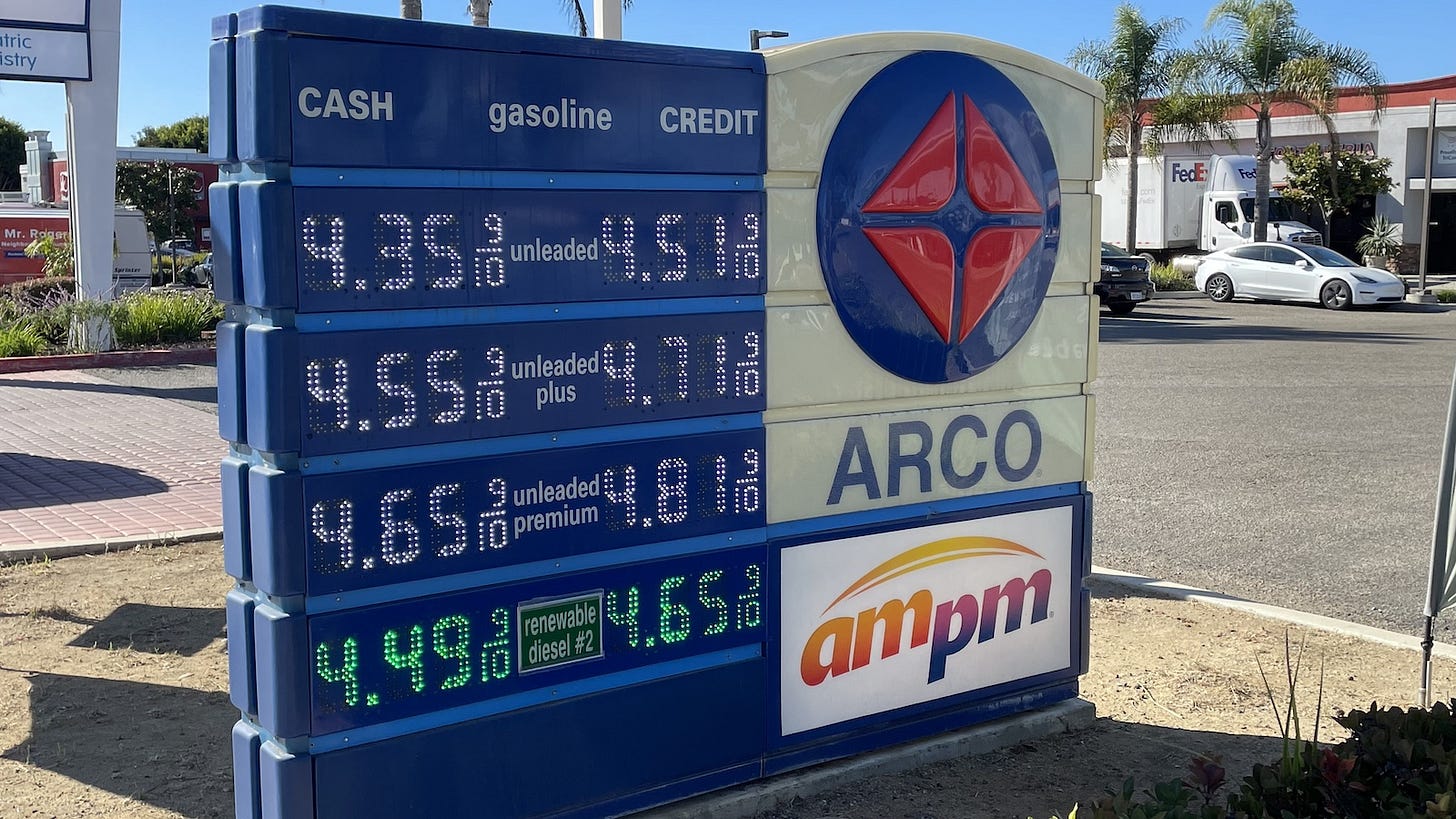Controversy explodes over CARB fuel decision
Early reports indicate gas prices could increase by at least 10% after a controversial update to fuel standards as the state rushes to meet zero-emission goals

STATE — A marathon 12-hour meeting fueled by eight hours of public comment resulted in the California Air Resources Board approving stricter standards to the Low Carbon Fuel Standard on Friday in Riverside.
The board voted 12-2 to update the LCFS to reduce the carbon intensity of transportation fuels by 20% by 2030 and 90% by 2045. The board’s action, though, comes with intense scrutiny as critics say it will raise gas prices by as low as 6% to 10% up to 67 cents, or more, in the near term.
The new standards go into effect in 2025. The board said oil companies currently pass 8 to 10 cents to consumers from the standard.
California has the second-highest gas prices in the country, only trailing Hawaii. According to AAA, the average cost per gallon for regular unleaded in California is $4.50 and $4.89 for diesel. The national average is $.307 for unleaded and $3.54 for diesel.
The decision was blasted by Republican legislators, residents and some Democrats about the potential impacts on drivers, especially those who are low-income or for those who don’t have access to reliable public transit.
“Today’s vote is nothing short of blatant price gouging by the Newsom Administration,” Senate Minority Leader Brian Jones (R-San Diego) said in a statement. “Californians have had enough — we already pay the highest gas prices in the nation, and they are about to get much higher. It’s time to rein in CARB’s unchecked power, starting by revoking the federal waivers that allow them to do whatever they want, whenever they want without the consent of Californians who pay the price for their political agenda.”
The LCFS is not a direct tax, but the program requires oil and gas companies to pay for credits to emit carbon into the air. Approved in 2011, the program gives incentives to produce less-polluting fuels.
The board said the action was needed to address climate change and protect disadvantaged communities and populations.
Keep reading with a 7-day free trial
Subscribe to North County Pipeline to keep reading this post and get 7 days of free access to the full post archives.




